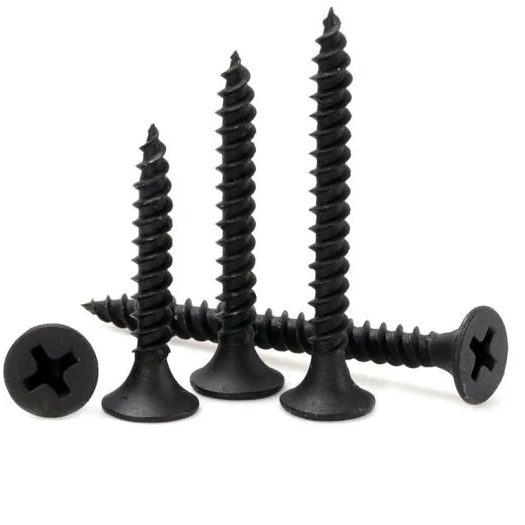Exploring Factories Producing Flat Washers from Various Materials for Industrial Applications
The Importance of Flat Washer Material Factories in Manufacturing
Flat washers are one of the essential components used in various applications, ranging from automotive and aerospace to electronics and construction. These simple, flat discs serve multiple purposes, including load distribution, vibration reduction, and preventing damage to surfaces. The production of flat washers relies heavily on high-quality materials and precision manufacturing processes, which is where flat washer material factories play a crucial role.
Key Materials Used in Flat Washer Production
Flat washers can be made from a variety of materials, each chosen based on the application needs. The most commonly used materials include
1. Steel Steel washers are popular due to their strength and durability. They are often utilized in heavy machinery and structural applications. Coatings such as zinc or nickel are frequently applied to enhance corrosion resistance.
2. Stainless Steel For environments exposed to moisture or corrosive substances, stainless steel offers an excellent choice. It possesses superior resistance to rust and tarnishing, making it ideal for marine, chemical, and food processing applications.
3. Plastic Lightweight and resistant to chemicals, plastic washers are often used in electronics and applications where electrical insulation is required. They can be manufactured in different grades of plastic, such as nylon or PVC, depending on the specific requirements.
4. Rubber Rubber washers provide excellent sealing and cushioning properties. They are ideal for applications where vibration dampening or fluid retention is necessary.
5. Composite Materials Innovations in materials science have led to the development of composite washers that combine the properties of different materials. These can provide unique advantages in specific applications, such as enhanced thermal or chemical resistance.
The Manufacturing Process
The production of flat washers involves several critical steps, which are typically handled within specialized manufacturing facilities
. These steps includeflat washer material factories

1. Material Selection Factories must choose the appropriate material based on the intended application, considering factors like load capacity, environmental exposure, and cost.
2. Cutting The first manufacturing step involves cutting the selected material into discs of the required size. This can be done using various methods, including stamping, laser cutting, or CNC machining, depending on the volume and precision required.
3. Machining For certain applications, washers may require additional machining processes such as drilling or counter-sinking to create holes for fastening.
4. Finishing The finishing stage includes processes such as deburring, surface polishing, and applying protective coatings. These steps are vital to ensure the washers meet quality standards and are fit for their intended use.
5. Quality Control Throughout the manufacturing process, rigorous quality control measures are implemented to ensure that every washer meets the necessary specifications. This includes dimensional checks, material inspection, and testing for mechanical properties.
Environmental Considerations
As industries strive for sustainability, flat washer material factories are also adapting to eco-friendly practices. Many factories are now focusing on reducing waste, recycling materials, and utilizing energy-efficient production methods. Additionally, the selection of materials is increasingly driven by sustainability criteria, which guide manufacturers to choose recyclable and eco-friendly options whenever possible.
The Role of Technology
Technological advancements play a crucial role in the evolution of flat washer material factories. Automation, precision machining, and computer-aided design (CAD) systems have significantly enhanced production efficiency and accuracy. Factories are also leveraging data analytics and the Internet of Things (IoT) to monitor production processes and optimize performance.
Conclusion
Flat washer material factories are vital to ensuring the production of high-quality, reliable, and efficient washers that serve a multitude of industries. The choice of materials, coupled with advanced manufacturing techniques and a commitment to sustainability, positions these factories as key players in the manufacturing landscape. As industries continue to evolve, so too will the methods and materials used in the production of flat washers, highlighting the ongoing importance of these factories in meeting modern demands.
-
Top Choices for Plasterboard FixingNewsDec.26,2024
-
The Versatility of Specialty WashersNewsDec.26,2024
-
Secure Your ProjectsNewsDec.26,2024
-
Essential Screws for Chipboard Flooring ProjectsNewsDec.26,2024
-
Choosing the Right Drywall ScrewsNewsDec.26,2024
-
Black Phosphate Screws for Superior PerformanceNewsDec.26,2024
-
The Versatile Choice of Nylon Flat Washers for Your NeedsNewsDec.18,2024










